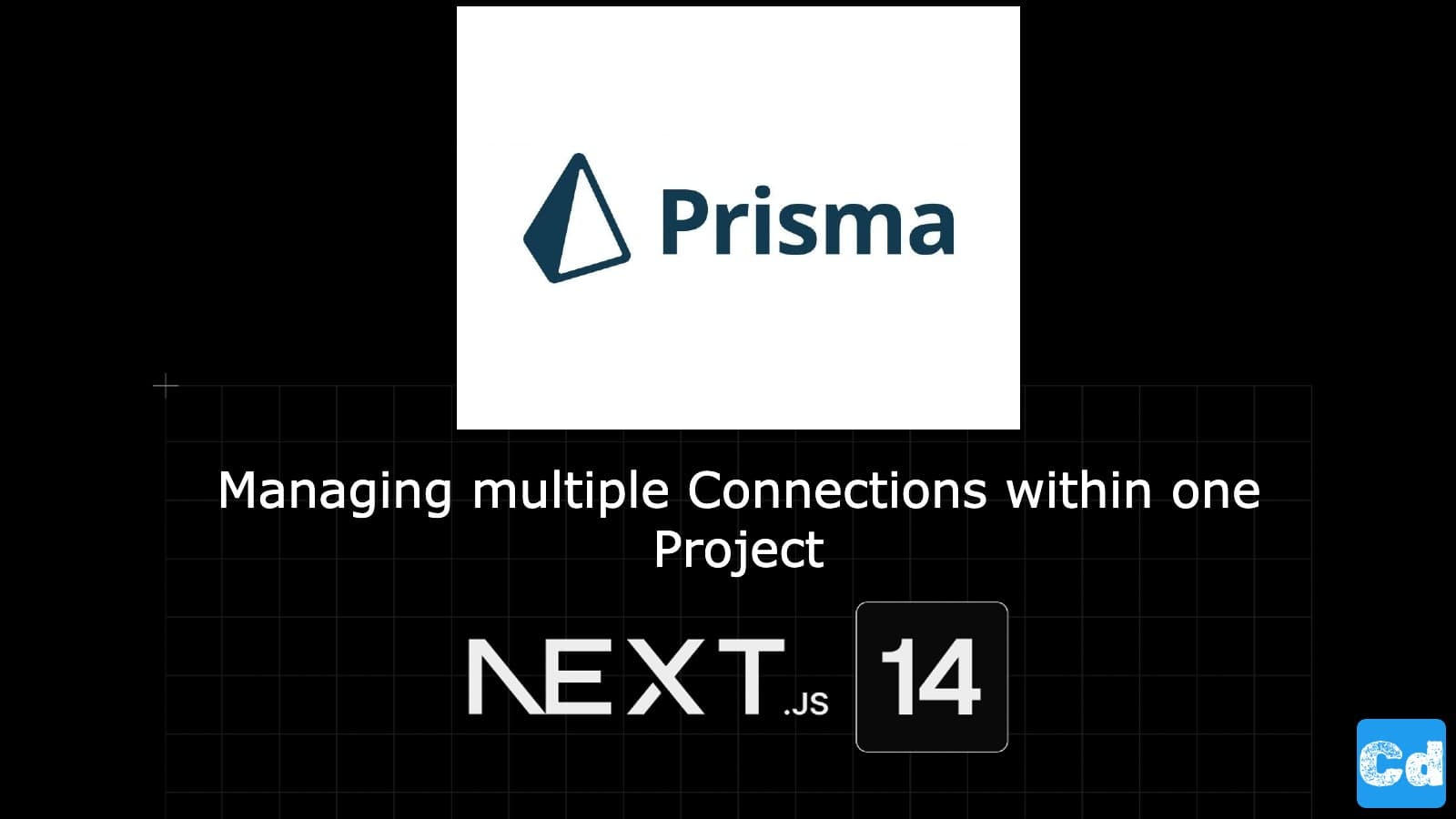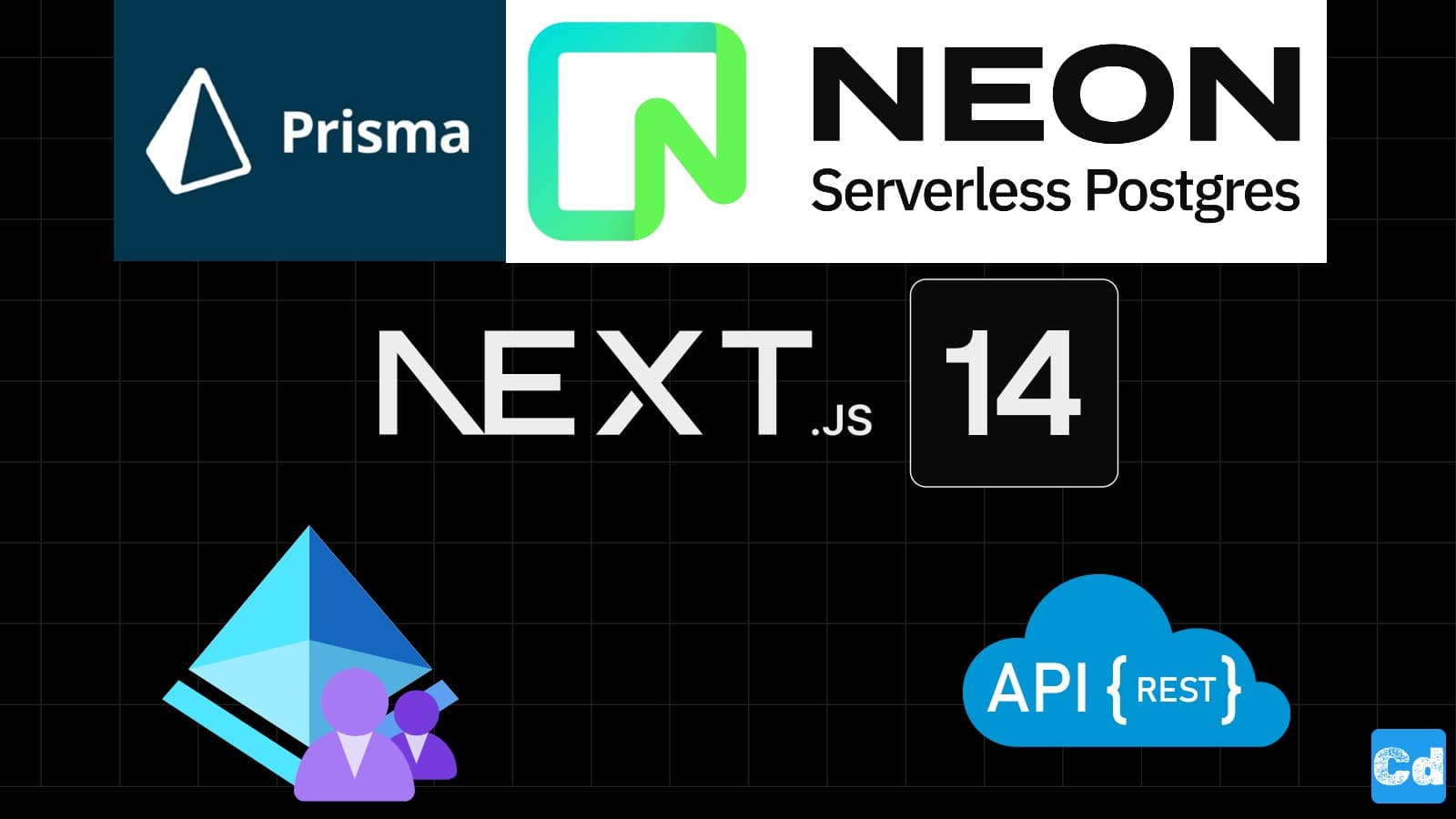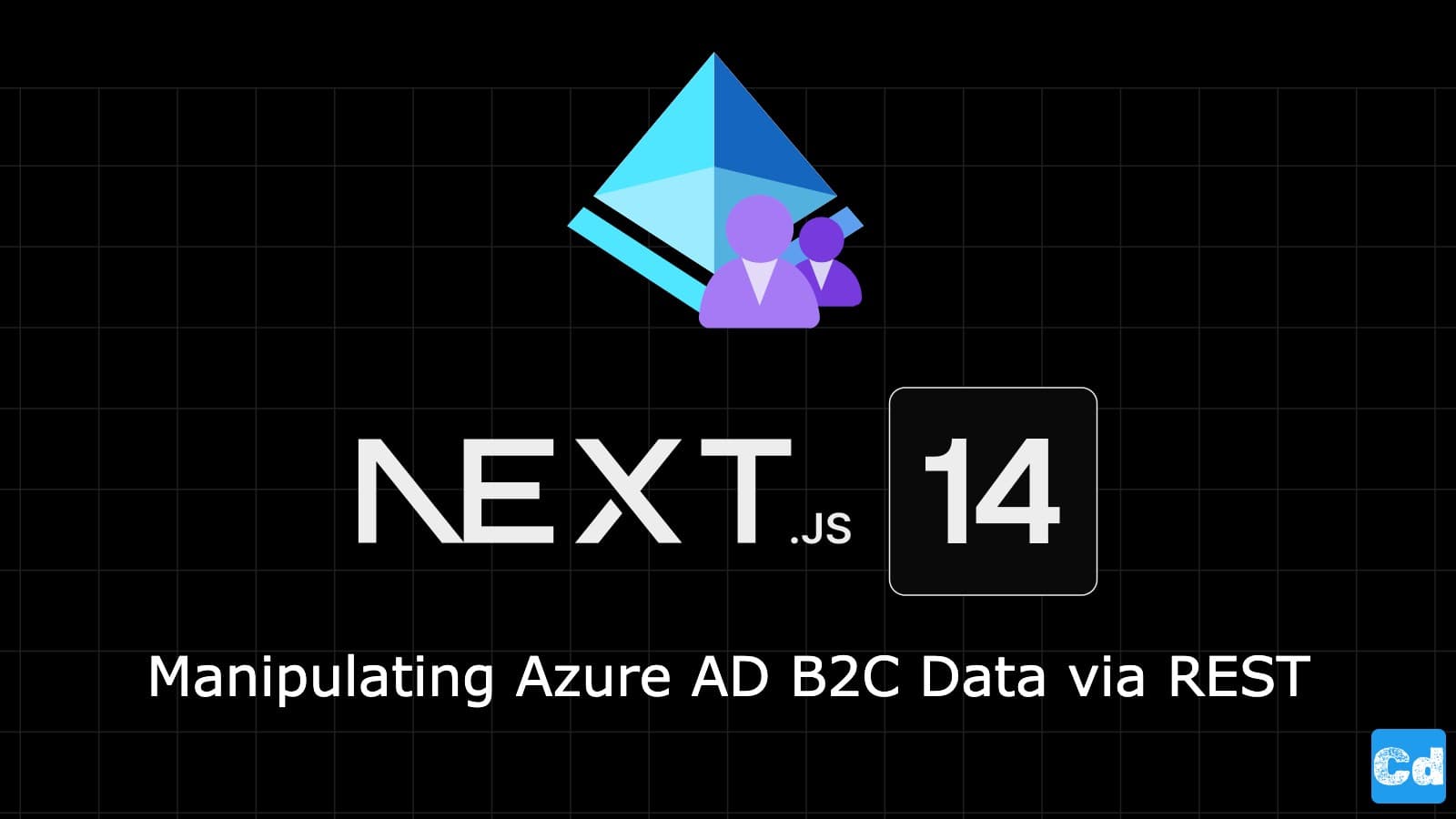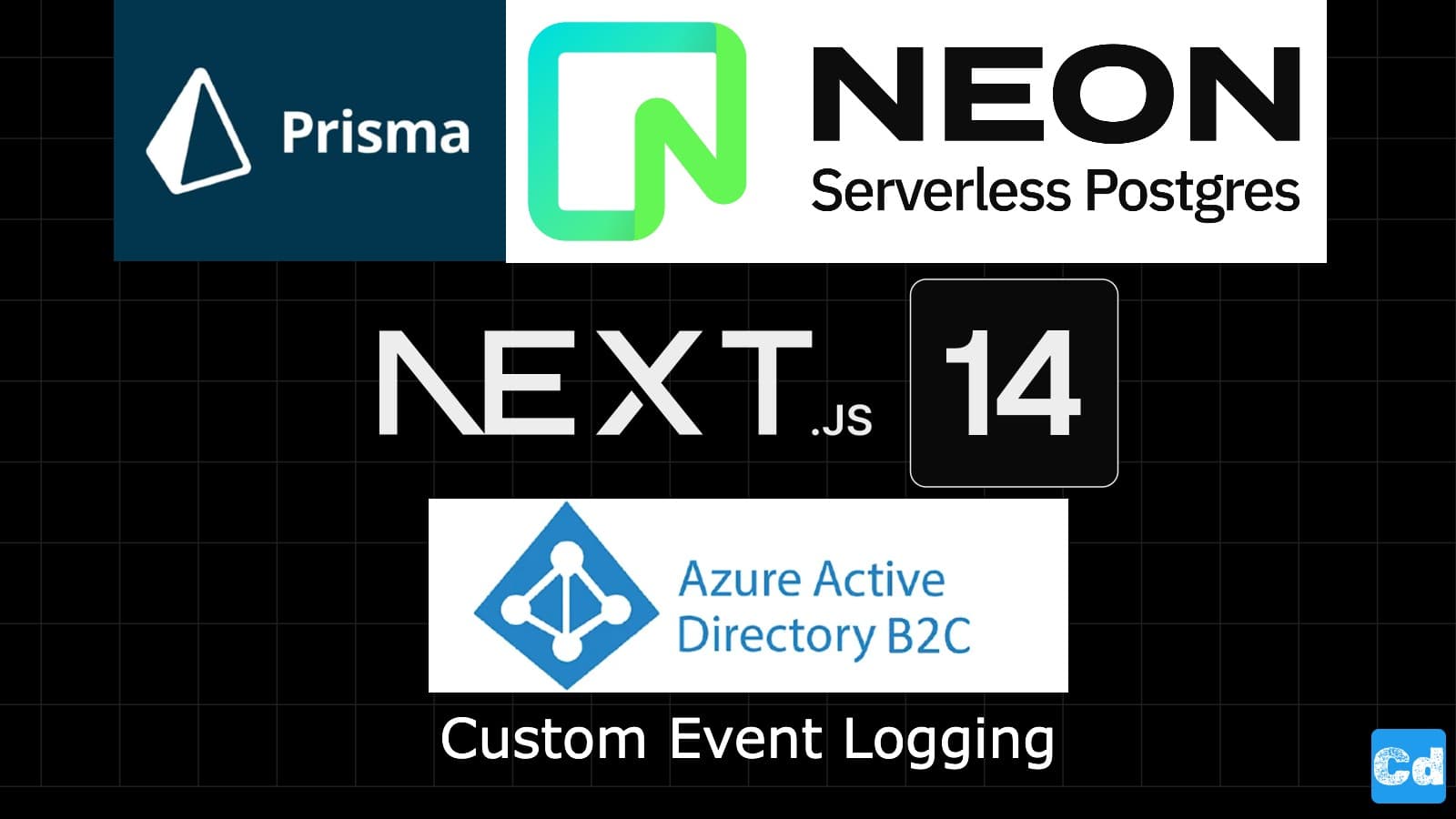Exploring Prisma ORM: A Modern Solution for Database Management
Prisma ORM (Object-Relational Mapping) is a powerful tool that streamlines database management for developers. Unlike traditional ORMs, Prisma stands out with its type-safe approach, offering auto-completion and error-checking during development. This significantly reduces the chances of runtime errors and enhances productivity. Prisma supports various databases, including PostgreSQL, MySQL, SQLite, and MongoDB, making it a versatile choice for many projects. Its intuitive data modeling language simplifies schema definitions, while the Prisma Client allows for effortless querying, ensuring that developers can work more efficiently and effectively.
Modern Web Development Frameworks
Prisma ORM is designed to integrate seamlessly with modern JavaScript and TypeScript applications. It's the default ORM for my Next.js 14 projects, where I need to connect an external Database like Postgres. Its type-safe queries provide a significant advantage by allowing developers to catch errors during the compile-time rather than at runtime. This feature is particularly beneficial for large projects where maintaining data integrity is crucial. Additionally, Prisma's migration system helps manage database schema changes over time, ensuring that all changes are tracked and reversible. This is a vital feature for teams working in agile environments where iterative development and continuous deployment are standard practices.
Prisma vs Drizzle
1. Type Safety: Prisma ORM offers strong type safety with auto-completion and error-checking during development, whereas Drizzle ORM may not provide the same level of type-safe guarantees.
2. Database Support: Prisma supports a wide range of databases, including PostgreSQL, MySQL, SQLite, and MongoDB, whereas Drizzle ORM may have more limited database compatibility.
3. Migration System: Prisma includes a comprehensive migration system that tracks and manages schema changes over time, while Drizzle ORM might not offer as robust a migration toolset.
4. Community and Ecosystem: Prisma has a larger and more active community, providing extensive documentation and resources, whereas Drizzle ORM, being less popular, may have fewer community resources and support.
5. Integration with Modern Languages: Prisma is designed to integrate seamlessly with modern JavaScript and TypeScript applications, offering type-safe queries, whereas Drizzle ORM might not be as optimized for these environments.
6. Querying and Data Modeling: Prisma’s intuitive data modeling language simplifies schema definitions and querying, while Drizzle ORM may require more complex configurations and lack the same ease of use in data modeling.
Conclusion
In conclusion, Prisma ORM offers a modern, type-safe approach to database management, enhancing developer productivity and ensuring data integrity. Prisma's unique features, such as its intuitive data modeling language and seamless integration with TypeScript, make it a compelling choice for modern application development. As the demand for efficient and reliable database management tools continues to grow, Prisma ORM stands out as a forward-thinking solution that addresses the evolving needs of developers and development teams.



